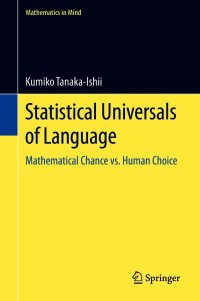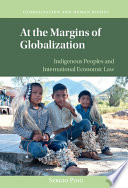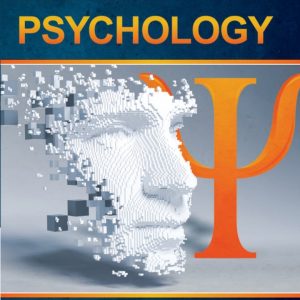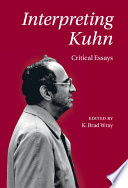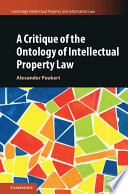Buy Statistical Universals of Language: Mathematical Chance vs. Human Choice PDF ebook by author Kumiko Tanaka-Ishii – published by Springer in 2021 and save up to 80% compared to the print version of this textbook. With PDF version of this textbook, not only save you money, you can also highlight, add text, underline add post-it notes, bookmarks to pages, instantly search for the major terms or chapter titles, etc.
You can search our site for other versions of the Statistical Universals of Language: Mathematical Chance vs. Human Choice PDF ebook. You can also search for others PDF ebooks from publisher Springer, as well as from your favorite authors. We have thousands of online textbooks and course materials (mostly in PDF) that you can download immediately after purchase.
Note: e-textBooks do not come with access codes, CDs/DVDs, workbooks, and other supplemental items.
eBook Details:
Full title: Statistical Universals of Language: Mathematical Chance vs. Human Choice
Edition:
Copyright year: 2021
Publisher: Springer
Author: Kumiko Tanaka-Ishii
ISBN: 9783030593766, 9783030593773
Format: PDF
Description of Statistical Universals of Language: Mathematical Chance vs. Human Choice:
This volume explores the universal mathematical properties underlying big language data and possible reasons why such properties exist, revealing how we may be unconsciously mathematical in our language use. These properties are statistical and thus different from linguistic universals that contribute to describing the variation of human languages, and they can only be identified over a large accumulation of usages. The book provides an overview of state-of-the art findings on these statistical universals and reconsiders the nature of language accordingly, with Zipf’s law as a well-known example. The main focus of the book further lies in explaining the property of long memory, which was discovered and studied more recently by borrowing concepts from complex systems theory. The statistical universals not only possibly lie as the precursor of language system formation, but they also highlight the qualities of language that remain weak points in today’s machine learning. In summary, this book provides an overview of language’s global properties. It will be of interest to anyone engaged in fields related to language and computing or statistical analysis methods, with an emphasis on researchers and students in computational linguistics and natural language processing. While the book does apply mathematical concepts, all possible effort has been made to speak to a non-mathematical audience as well by communicating mathematical content intuitively, with concise examples taken from real texts.

